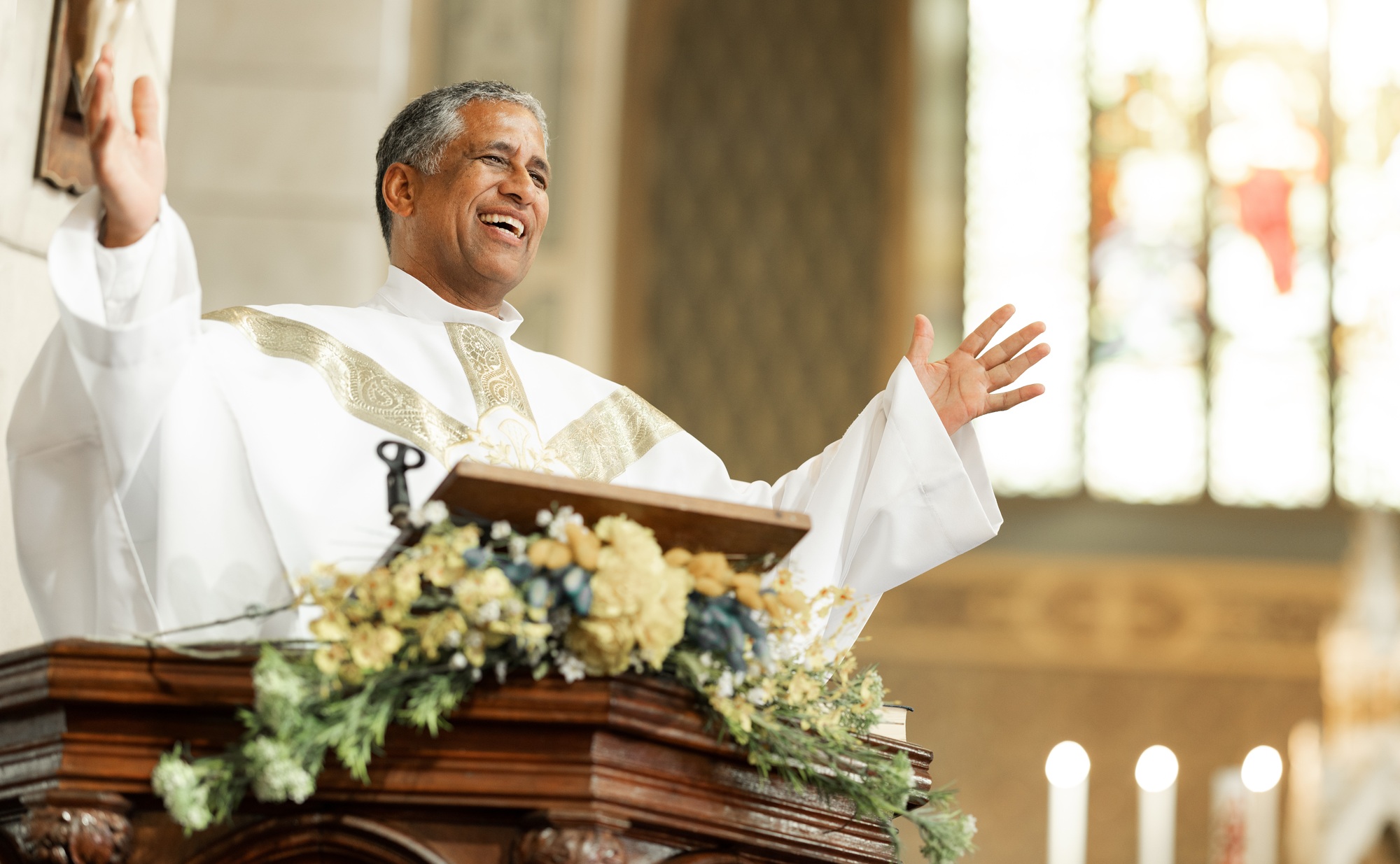IRS Clarifies Johnson Amendment Enforcement: A Win for Religious Freedom and Free Speech

In a significant development for churches and nonprofit organizations, the IRS has recently clarified its enforcement stance on the Johnson Amendment as it applies to political speech by churches. This update reinforces important constitutional protections and offers a more measured approach to how the IRS will oversee political engagement by religious institutions.
The Johnson Amendment, enacted in 1954 and named after then-Senator Lyndon B. Johnson, is a provision in the Internal Revenue Code that prohibits 501(c)(3) organizations, including churches, from “participating in, or intervening in… any political campaign on behalf of (or in opposition to) any candidate for public office.”
Since its inception, the amendment has sparked debate. Critics argue that it restricts constitutionally protected speech, particularly for religious leaders speaking from the pulpit. Supporters say it maintains the integrity of nonprofit status by keeping organizations out of partisan politics. Despite few enforcement actions over the years, the vague and broad language of the amendment has often left churches uncertain and cautious.
Historically, the IRS has interpreted the Johnson Amendment strictly, warning that even implicit endorsements of candidates by churches could put their tax-exempt status at risk. Although actual revocations have been rare, the ambiguity surrounding what constitutes “intervention” has created a chilling effect. Many religious leaders felt forced to remain silent on political matters, even when such issues intersected directly with their faith or values.
This interpretation has long raised concerns about its alignment with the First Amendment, which guarantees both freedom of speech and the free exercise of religion.
The IRS’s recent clarification marks a more balanced and constitutionally sensitive approach. The agency has now indicated that not all political speech by churches will be treated as a violation. Specifically, it acknowledges that expressions of opinion on political topics or candidates, particularly when shared in the context of religious teaching, do not automatically trigger enforcement under the Johnson Amendment.
The focus will now be on more explicit activities such as direct endorsements, campaign contributions, or the use of church resources to support or oppose political candidates. In short, the IRS is drawing a clearer line between constitutionally protected speech and actual campaign activity.
This is a meaningful shift for churches seeking to responsibly engage in societal and political conversations without fear of regulatory overreach. The clarification reaffirms that religious organizations can discuss political and moral issues consistent with their beliefs, provided they do not cross into partisan campaigning using organizational resources.
This development aligns closely with what many nonprofit experts and constitutional advocates have long maintained: that churches do not shed their First Amendment protections when they receive tax-exempt status.
At Foundation Group, we welcome this clarification as a positive step for both compliance and constitutional integrity. We’ve always believed that faith-based organizations should be allowed to speak on issues that matter to their communities, and this updated guidance helps make that possible within a clearer legal framework.
As always, we’re here to help churches and nonprofits navigate these nuances wisely, and ensuring they remain both confident in their message and compliant with the law.
who subscribe to our free, email newsletter. It’s information that will empower your nonprofit!
